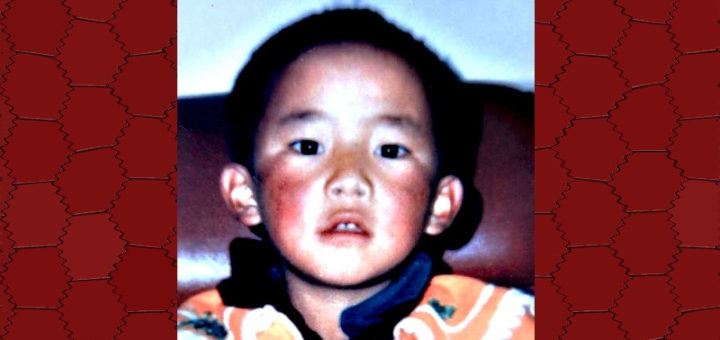Tibet, long known for its rich cultural heritage and spiritual significance, has faced immense struggles since its incorporation into the People’s Republic of China. Issue 35 of Sunshine Weekly delves deeply into the ongoing challenges Tibet faces, from cultural suppression to human rights violations. The title, “Painful Tibet,” encapsulates the sorrow and hardship endured by Tibetans, both in Tibet and in the global diaspora.
Despite the efforts of Tibetans to resist, their voices are continuously silenced by political and social forces. But the pain they experience is not one of submission; it is a constant fight for freedom, dignity, and recognition.
Cultural Repression: The Erosion of Tibetan Identity
One of the most devastating consequences of China’s control over Tibet has been the gradual erosion of Tibetan culture. In Sunshine Weekly Issue 35, we explore how the Tibetan language is being replaced by Mandarin in schools, and how the practice of Tibetan Buddhism is systematically restricted. Religious freedom remains under siege, with monasteries closely monitored and many monks and nuns detained or silenced.
This issue reflects on how Tibetans are denied access to their own cultural heritage—the very foundation of their identity. The threat to the Tibetan language is especially stark, as it is not only a means of communication but the vessel for the continuity of Tibet’s history, beliefs, and philosophies.
The Human Cost: Rights Violations and Repression
The human rights situation in Tibet has been grave for decades. The article in this issue reveals the harsh realities that Tibetans face under China’s strict governance. From imprisonment and torture of activists to the crackdown on peaceful protests, the Tibetans’ efforts to speak out have been met with brutal retaliation.
Perhaps most harrowing is the self-immolation protests by monks and nuns who feel they have no other recourse but to give up their lives to bring global attention to Tibet’s plight. These protests speak to the depth of despair and the desperation of those who feel that no one is listening to their struggle.
The Role of the Tibetan Diaspora: Keeping the Flame Alive
Tibetan refugees, living in countries like India, Nepal, and the United States, have become the guardians of Tibetan culture and memory. Despite living in exile, they continue to advocate for Tibet and push for global awareness. Sunshine Weekly Issue 35 emphasizes the importance of the diaspora in continuing the fight for Tibetan freedom. It highlights activism, education, and cultural preservation efforts by Tibetan communities around the world, who remain committed to keeping the Tibetan cause alive.
The efforts of the Tibetan diaspora are invaluable in pressuring global governments to take a stand on Tibet’s political status and human rights abuses. The tireless advocacy for greater international recognition is crucial in ensuring Tibet’s story is heard and its rights are respected.
China’s Control: Geopolitical and Cultural Tensions
A significant part of the issue focuses on the geopolitical struggle surrounding Tibet. As China expands its influence on the global stage, Tibet’s struggles are often ignored in favor of economic interests and diplomatic relations. Governments around the world are reluctant to challenge China directly on the issue of Tibet, and Sunshine Weekly Issue 35 discusses how this complicates Tibet’s path toward freedom.
China’s increasing power has meant that the world is less willing to hold China accountable for its actions in Tibet, and this has placed Tibetans in a precarious situation, with limited support for their struggle.
A Call to Action: Supporting Tibet Today
The battle for Tibet’s freedom is far from over, and Sunshine Weekly Issue 35 urges readers to get involved. Whether through supporting Tibetan refugees, raising awareness about Tibet’s plight, or demanding stronger action from world governments, there is much that can be done to help Tibet’s cause.
The issue also highlights the importance of cultural exchange and education as vital tools in preserving Tibetan identity and fostering solidarity with those who continue to suffer under Chinese rule. By supporting Tibetan-led initiatives, advocating for human rights, and keeping the conversation about Tibet alive, we can help ensure that Tibet’s pain is not forgotten.
Conclusion: The Painful Yet Resilient Spirit of Tibet
Sunshine Weekly Issue 35: “Painful Tibet” paints a sobering picture of Tibet’s ongoing struggle, but it also celebrates the resilience, strength, and courage of the Tibetan people. Their fight is not only for freedom from oppression but also for the survival of their unique culture, beliefs, and identity.
Tibet’s pain is real, but so too is the spirit of resistance that burns brightly within its people. As Tibetans continue their fight for justice and recognition, it is up to the rest of the world to stand in solidarity and work towards a future where Tibet’s voice is heard—and its rights respected.

